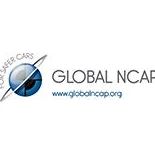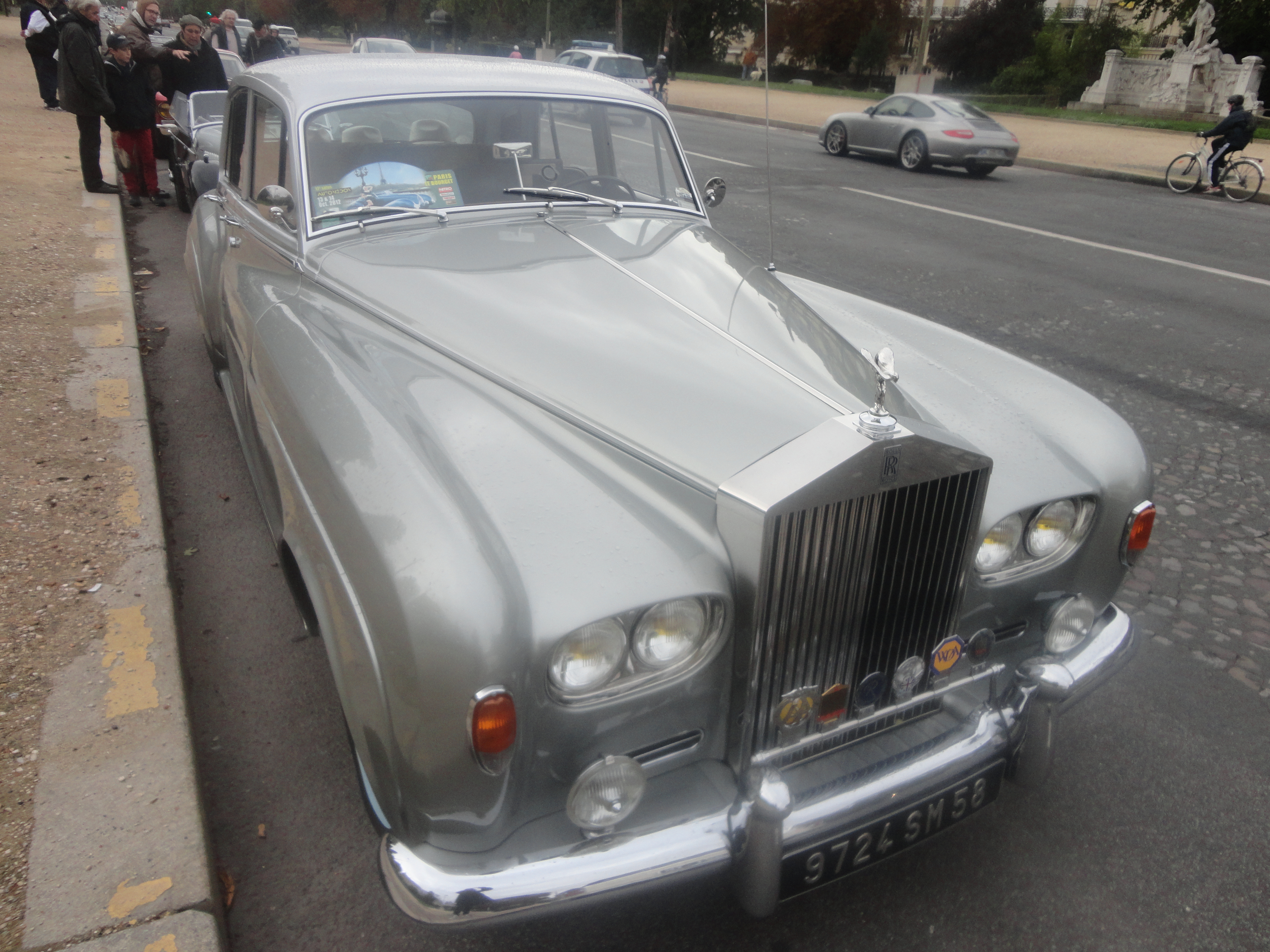GLOBAL NCAP
| 15.04.2016UN Calls for Stop the Crash Safety Systems to be Fitted as Standard |
| Today the United Nations General Assembly adopted a resolution which represents the strongest ever commitment on road safety made by UN Member States. The resolution supports the ambitious road safety targets now included in the Global Goals for Sustainable Development and also the Global Plan of the UN Decade of Action for Road Safety (2011-2020) which provides an integrated and holistic framework for road injury prevention.
The General Assembly resolution includes the following text on vehicle safety: Invites Member States that have not already done so to consider adopting policies and measures to implement United Nations vehicle safety regulations or equivalent national standards to ensure that all new motor vehicles, meet applicable minimum regulations for occupant and other road users protection, with seat belts, air bags and active safety systems fitted as standard; The resolution builds upon the ‘Brasilia Declaration’ passed by the 2nd Global High Level Conference on Road Safety held on 18-19 November 2015 in Brasilia and endorses the standard fitment of active safety systems which are the primary focus of the Stop the Crash Partnership. Active safety systems refer to vehicle technologies which rather than protecting people during a crash can avoid the crash from happening at all. The most important of these are: ESC is the most significant advance in vehicle safety since the introduction of the seat belt and one of the most important crash avoidance systems currently available. AEB is an advanced safety technology that can help drivers avoid or mitigate collisions with other vehicles or vulnerable road users. ABS for motorcycles prevents wheel lock-up and ensures bike stability as well as optimal deceleration while braking. Taken together the UN General Assembly resolution, the Brasilia Declaration, and the Global Plan for the Decade of Action (2011-2020) provide a very clear statement of intent as regards the levels of safety that should be applied to all new passenger cars by 2020 at the very latest. The Stop the Crash Partnership warmly welcomes the General Assembly’s recognition of the vital contribution that crash avoidance technologies can play in contributing to the United nation’s ambitious goal to halve road deaths and injuries by 2020. David Ward, Chairman of the Stop the Crash Partnership said: “Today’s UN resolution is a significant step forward in vehicle and road safety. The Stop the Crash Partnership was created to promote active safety systems with a proven track record in crash avoidance. The recognition and endorsement of this approach by the UN will help accelerate the adoption of the legislation required by governments across the globe to mandate these life saving technologies.” Thomas Burkhardt, ADAC Vice President Technical Services said: “As the world’s second-largest mobility club, the German ADAC is convinced that investing in vehicle technology and sound road safety education will increase road safety, saving many lives and ensuring national prosperity.” Ola Boström, Senior Director of Autoliv Research said: “Saving more lives in global traffic is a matter of aligning visions and policies. It is also a matter of proactively ensuring access to life saving technology worldwide. Active safety development and indeed today’s resolution are important pieces to this puzzle. As a company and as members of Stop the Crash, we are proud to be a part of this development.” Dr. Dirk Hoheisel, member of the Bosch board of management said: “For Bosch, safety comes first. As Bosch is committed to keep drivers, passengers and other road users from harm, we welcome the UN’s resolution as a vital step toward achieving accident- and injury-free driving worldwide. Bosch supports the global efforts to make life-saving technologies standard equipment in every vehicle.” Amanda Long, Director General, Consumers International said: “Safer vehicles are urgently needed to help stop 1.25 million people dying and 50 million more being injured in road traffic incidents each year. Today’s UN resolution creates a clear global benchmark for safety standards. Governments and manufacturers must now act to satisfy consumer demand for safer vehicles. Regulation and enforcement of these standards, plus the implementation of crash avoidance technologies will minimise loss of life, particularly in low and middle income countries – which account for 90% of total global road crash deaths.” Frank Jourdan, member of the Executive Board of Continental AG responsible for the Chassis & Safety Division, said: “Autonomous Emergency Braking or AEB systems are an important step on the way to accident-free driving – our Vision Zero. In the passenger car segment, the introduction of these systems is being driven forward powerfully by NCAP organizations. By way of example, AEB systems play an increasingly crucial part in obtaining a 5-star grade in the Euro NCAP ratings. In my view, it won’t be long before we can expect to see such systems as standard equipment. Every single injury or fatality in a road accident that can be avoided by AEB systems makes it clear what a very real benefit this technology offers.” Nikolai Setzer, Executive Board Member and Head of the Tire Division of Continental, said: “This UN resolution is a great tailwind for our joint Stop the Crash campaign. It underlines that this campaign is focussing exactly on the right life saving technologies. We will of course try our best to demonstrate the high relevance of tire quality and maintenance on top of ESC, AEB and Motorcycle ABS, too.” Peter Shaw, Chief Executive of Thatcham Research said: “We welcome any initiative that will lift the basic minimum legislative requirement to include active safety systems like AEB on all cars. The motor industry and legislators cannot ignore the overwhelming evidence that AEB can reduce crashes and save lives. It should be standard on all vehicles as soon as possible.” Dr Stefan Sommer, Chief Executive Officer, ZF Friedrichshafen said: “The recognition by the United Nations of the importance of active safety technologies is further evidence of the impact that these technologies can have on a global scale. There is ample evidence of the significant toll that road fatalities and injuries have and it is up to governments, industry and other stakeholders to work together and help make road safety a priority as people around the world deserve these advancements in safety that can be provided. Editors Note: Click here to download a copy of the UN resolution. Led by Global NCAP, the #STOPTHECRASH Partnership includes the ADAC, Autoliv, Bosch, Consumers International, Continental, Denso, Thatcham, ZF-TRW, and the Toward Zero Foundation. All are united in their shared commitment to promote advanced vehicle safety technologies in support of the UN’s Global Goals and the Decade of Action for Road Safety. For more information visit the campaign web site www.stopthecrash.org For regular campaign updates follow and share on the campaign twitter feed @stopthecrash |

| 14.04.2016 Global NCAP Calls On GM To Urgently Address Zero Star Safety In Latin America |
|
| In the latest crash test results, released in Washington DC today, it was revealed that the Chevrolet Sail has been rated as zero star in the Latin New Car Assessment Programme (Latin NCAP). This repeats the similar zero star rating of the Chevrolet Aveo. Both cars have a high risk of life threating injury and would fail to pass the United Nation’s minimum crash test standards.
David Ward, Global NCAP Secretary General, has now written to Mary Barra Chairman and CEO of General Motors calling on GM to urgently address safety concerns in Latin America where it has the worst average crash test rating of all the major global manufacturers active in the region. David Ward said: “GM has chosen to exploit the weak application of minimum crash test standards in Latin America to provide a version of the car that the company would be unable to sell either in Europe or North America. “Two years ago GM announced a ‘Speak Up for Safety’ programme billed as an important step toward embedding a customer and safety-centered culture in every aspect of the business. Global NCAP warmly welcomes these commitments but believes that they now must have practical application in Latin America and in other emerging automotive markets.” Click here to see a full copy of the letter from Global NCAP to Mary Barra Chevrolet Sail Read the full Chevrolet Sail test report here Chevrolet Aveo Read the full Chevrolet Aveo test report here For further information, to follow and share:
|




